According to IMARC Group Research, the DevOps industry is on track to reach an impressive $32.7 Billion by 2028, with a remarkable compound annual growth rate (CAGR) of 24.5% between 2023 and 2028. This rapid growth is fueled by the increasing demand for continuous and swift application delivery, coupled with a focus on cost reduction across companies.
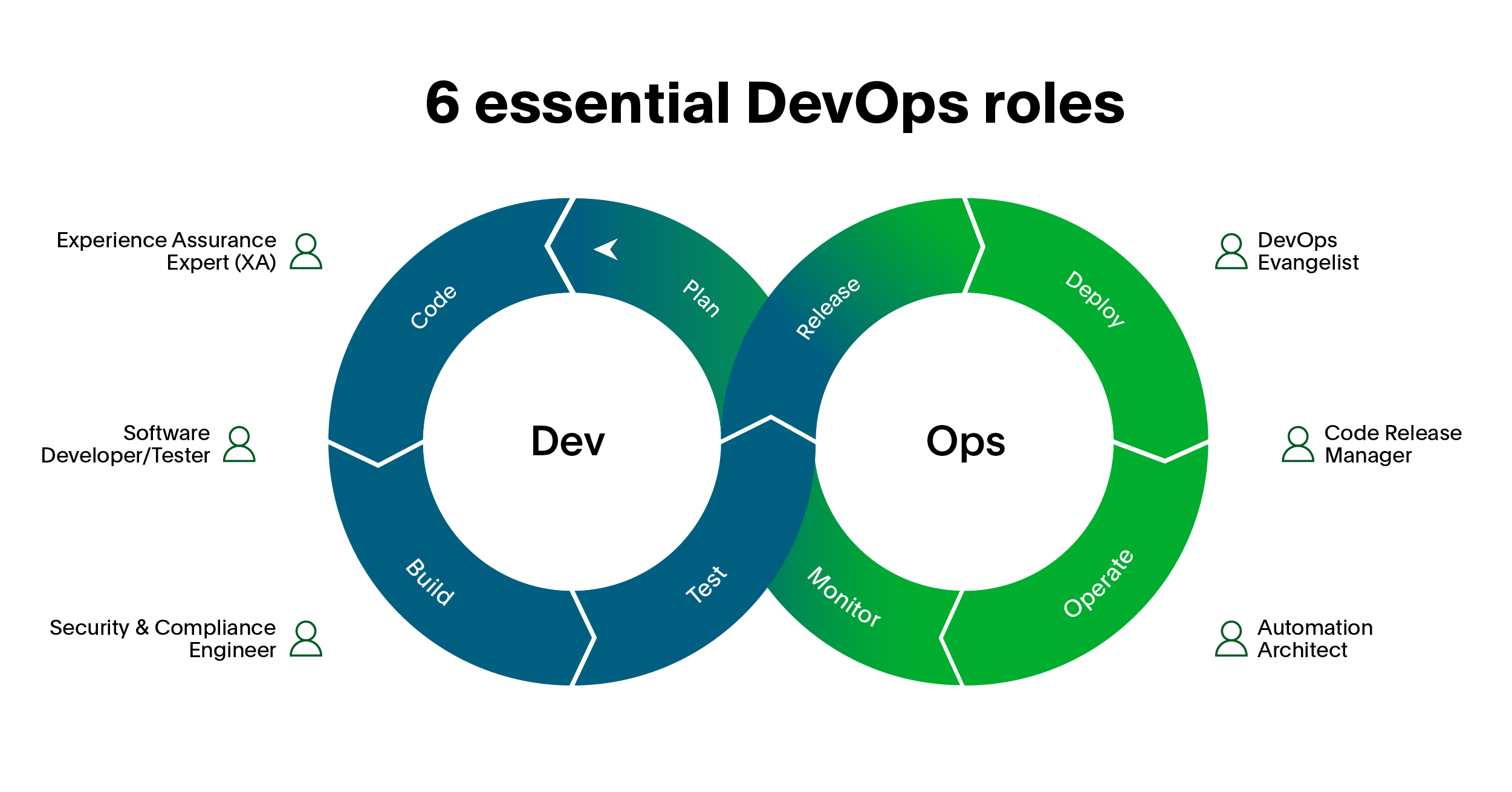
The need for hiring DevOps engineers has surged significantly over the years. According to a report by Harvard Business Review Analytic Services, two-thirds of companies embracing DevOps have experienced tangible benefits impacting their bottom line. These benefits include accelerated speed to market (70%), improved productivity (67%), enhanced customer relevance (67%), increased innovation (66%), and enhanced product/service quality (64%).
As more companies recognize the value of DevOps engineers, the competition to recruit them has intensified. A study by CodinGame reveals that DevOps engineers are among the top three positions that recruiters struggle to fill.
In this comprehensive DevOps hiring guide, we will explore the common challenges in hiring DevOps engineers, the essential skills to look for, the best sources to find top candidates, and finally, the average compensation for DevOps engineers. Keep reading to discover all this valuable information!
Get matched with proficiently vetted DevOps candidates within 48 hours →
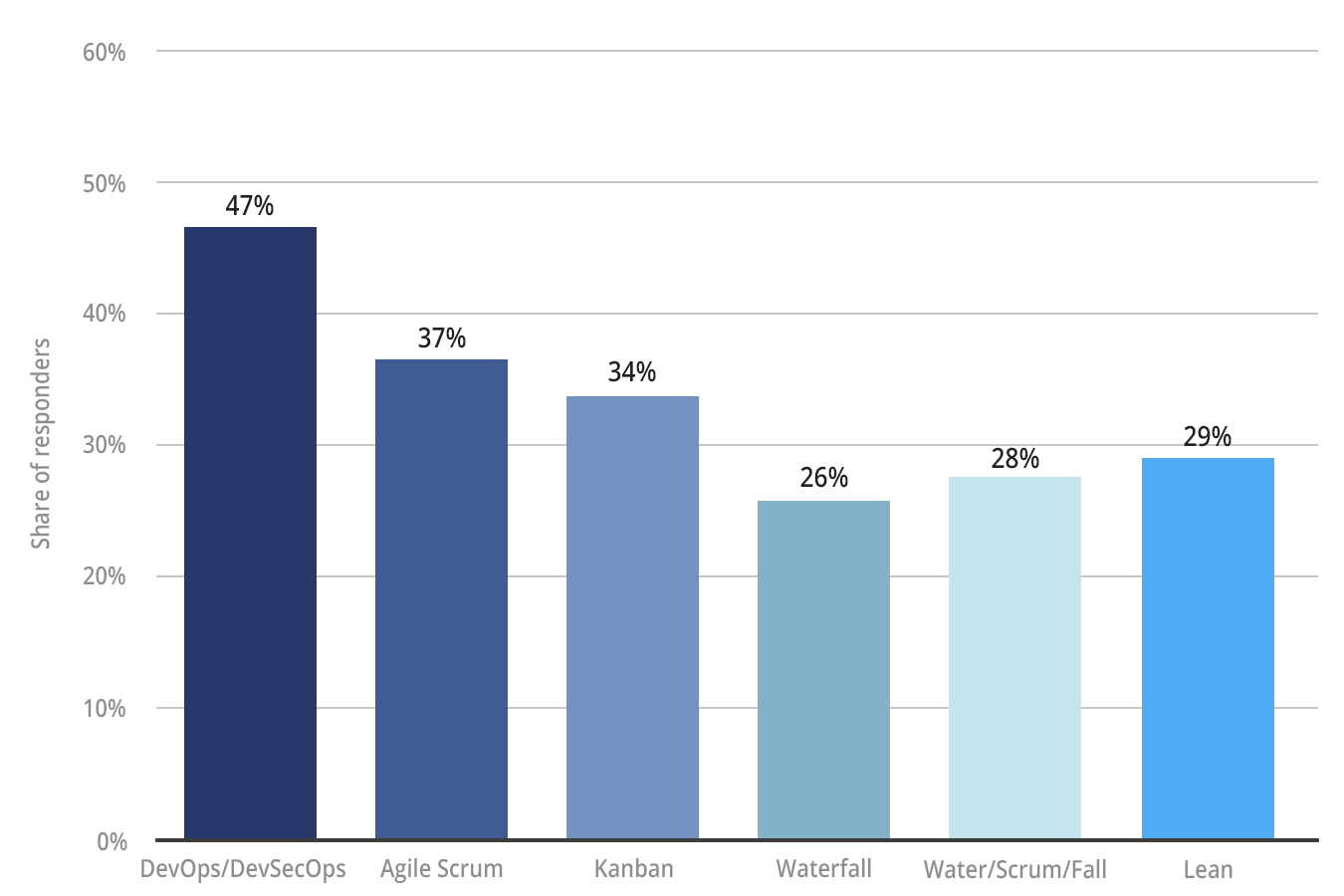
Popular DevOps languages and tools
DevOps engineers are invaluable assets for organizations, enabling faster development cycles, smoother deployments, and enhanced collaboration. To achieve these outcomes, they leverage various programming languages and tools that promote scalability, modularity, and efficiency.
DevOps programming languages:
- Python: Widely used for developing custom utilities and web applications for data visualization. Python is also the foundation for popular DevOps tools like Ansible.
- Ruby: Known for automation tools, Ruby's object-oriented and feature-rich syntax is similar to Python and Perl.
- Scala: Supports functional programming and boasts a robust static type system.
- C++: Used for hardware manipulation, though larger size and slower compilation times may limit its use for certain projects.
- Golang (Go): Built for speed, Go serves as a faster alternative to C++ for DevOps engineers.
DevOps scripting languages:
- Powershell: Essential for Windows-centric IT infrastructure, Powershell supports object-oriented, functional, and procedural programming.
- Puppet: A configuration management tool with its own declarative language, enabling system configuration on Linux, Unix-like, and Windows platforms.
- Ruby: Besides being a programming language, Ruby is an excellent scripting language, supporting cross-platform and various programming paradigms.
DevOps development tools:
- Git and SVN: Version control tools that enable writing and maintaining code in any language, facilitating continuous development.
- Jenkins: A Java-based open-source automation tool, Jenkins enables continuous integration and real-time reporting on isolated code changes.
- Selenium and TestNG: Selenium is a portable software testing framework for web applications, while TestNG is a favored Java testing framework for automation testers.
- Splunk: A powerful data analytics tool used for continuous monitoring, searching, analyzing, and visualizing real-time machine data, often applied in security and business intelligence use cases.
- Puppet and Docker: Puppet deploys, configures, manages, and maintains servers, while Docker handles container management for Agile-based projects.
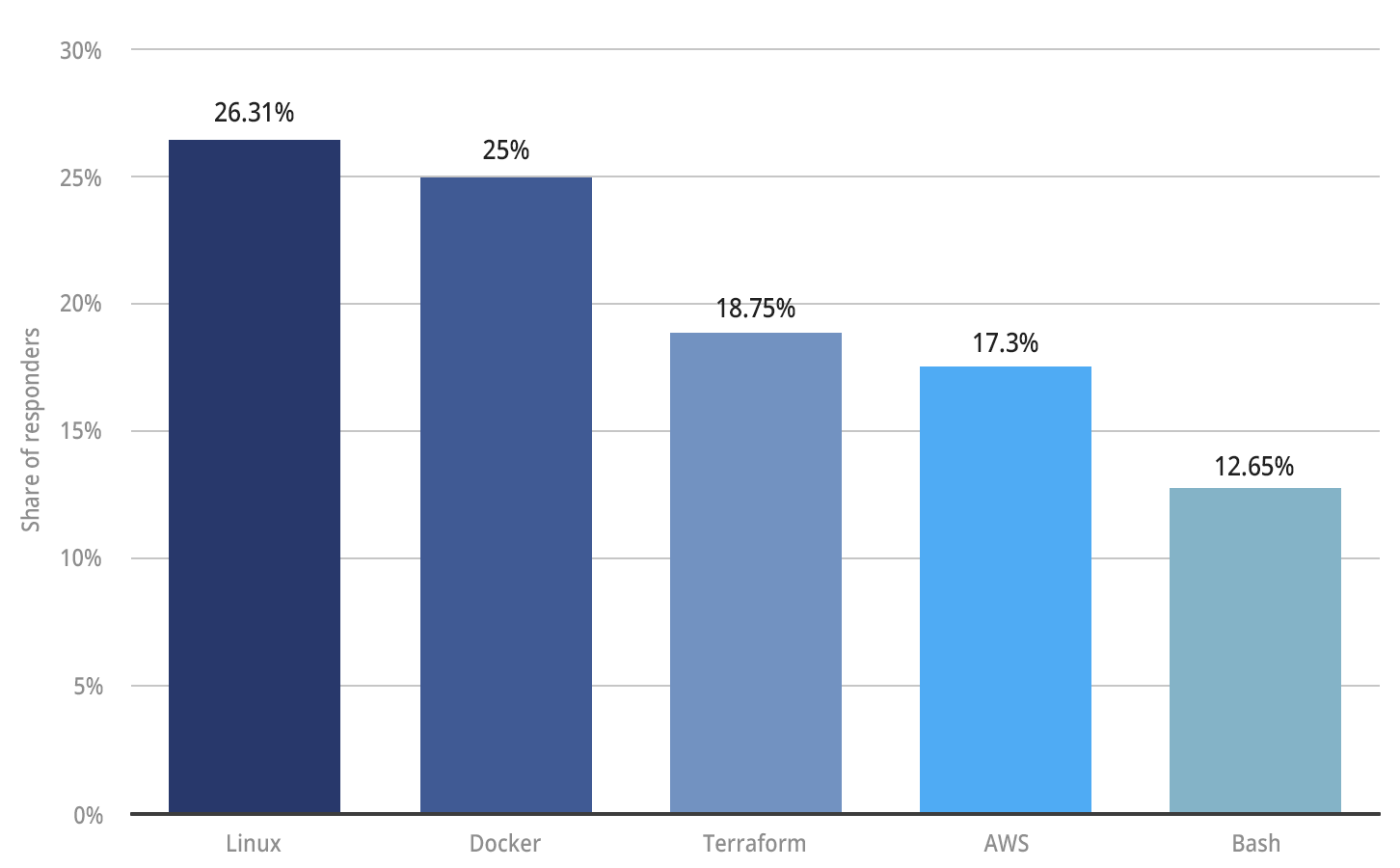
Challenges in hiring DevOps engineers
Cloud computing has experienced rapid growth, making it challenging for hiring managers to meet the increasing demands of the role. The multifaceted nature of cloud computing creates complexity in the hiring process, especially when seeking cross-platform developers.
The role of DevOps engineers requires a unique blend of talent, skills, and experience. The job demands precision and excellence, making the hiring process even more daunting. Several key factors contribute to the difficulties in hiring DevOps engineers:
- Shortage of Talent: There is a scarcity of professionals with the necessary expertise in the field, making it challenging to find qualified candidates.
- Vast Knowledge and Experience: DevOps engineers need to possess extensive knowledge and hands-on experience, making it difficult to find individuals with the right skill set.
- Security Concerns: Ensuring the security of the entire technology stack is crucial, adding an additional layer of complexity to the hiring process.
- Lack of Recruiter Knowledge: Many recruiters may lack the in-depth knowledge required to assess and identify the right candidates for DevOps roles.
- Absence of Proper Recruitment Process: Without a well-defined recruitment process, it becomes challenging to efficiently identify and hire suitable DevOps engineers.
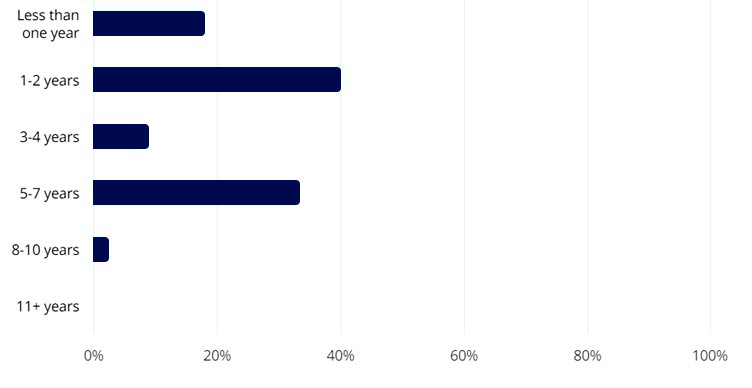
Get matched with proficiently vetted DevOps candidates within 48 hours →
Why hire a DevOps engineer?
Hiring a DevOps engineer offers significant advantages to businesses looking to enhance their software development processes and stay competitive in the fast-paced tech landscape. These IT generalists possess a wide range of skills in development, operations, cloud management, and system administration, making them valuable assets for any organization.
DevOps engineers play a crucial role in streamlining software application development, ensuring continuous and automated delivery of features and bug fixes from development to servers. By preparing and maintaining the infrastructure, they facilitate faster and more reliable project delivery. Their responsibilities include conducting timely security audits, implementing high-end security controls, and automating processes for increased efficiency.
When you hire a DevOps engineer, you gain access to a versatile professional proficient in designing and maintaining continuous integration and delivery systems like CircleCI, Gitlab, AWS CodePipeline, or Jenkins. They significantly reduce deployment times and automate various processes, including scripting of servers, infrastructure, and cronjobs.
Moreover, DevOps engineers excel in interconnecting different VPC networks, deploying VPN services, troubleshooting networking issues, and administering databases. They also contribute to web application troubleshooting and create microservices architectures for SaaS applications.
In essence, a DevOps engineer combines the skills of a cloud engineer, a Linux administrator, and a site reliability engineer, providing invaluable support in optimizing and securing your organization's software development and deployment processes. Hiring a DevOps specialist is a strategic investment that can lead to enhanced productivity, improved security, and a competitive edge in the ever-evolving tech industry.
Skills to look for in DevOps engineers
Hiring for a DevOps role can be challenging due to the wide range of skill sets required in different areas within DevOps. The major focal areas in the realm of DevOps include system administration, coding, automation, virtualization, network and storage management, IT security, and testing and diagnostics.
To identify the right skill set for the candidates, proper evaluations and screenings are essential. Recruiters should closely examine the important skills needed for a DevOps engineer. Given the high-paying nature of the job, it's crucial to find candidates who come close to the ideal skill set.
DevOps technical skills:
- Expertise in CI/CD tools.
- Fluency in at least one mainstream language: Python, Ruby on Rails, or Go.
- Proficient in version control tools (e.g., CVS, SVN, GIT).
- Strong bash scripting and troubleshooting abilities.
- Expertise in micro services and Docker.
- Experience with AWS such as Amazon S3, RDS, IAM roles
- High-level Infrastructure Management skills.
- Experience with logging, monitoring, and alerting systems and tools.
- Experience with various open-source services such as Nginx, MySQL, Apache.
- Working knowledge of Agile, Waterfall, SDLC.
- Strong computer science fundamentals: networking, databases, and distributed systems.
DevOps advanced tech skills
- Expertise in DevOps practice landscape.
- Understanding of 12-factor methodology.
- Experience with various cloud services (Azure EKS, Google Kubernetes Service, etc.).
- Knowledge of compliance standards (HIPAA, SOC2, PCI).
- IaC knowledge and Terraform best practices.
- Ability to design and implement serverless applications.
DevOps soft skills:
- Ability to translate technical details in simple terms to software engineers and non-techies.
- Ability to manage technical discussions with other engineers to find the best solution to complex infrastructure, development, or security problems.
- Experience with leading and mentoring other development team members.
- Ability to communicate effectively with people having different levels of skills and understand the project and resource.
- Having a grip on online communication tools JIRA, Slack, and Zoom is important.
- Strong teamwork and collaboration abilities in a remote environment.
DevOps practice is a multi-stage process, involving lots of communication and collaboration skills. So, when you review a candidate’s soft skills, be sure to assess their ability to work effectively with other team members. And because a DevOps position is often a good fit for a remote candidate, make sure to review the skills and mindset needed when employees work across distance or time zones.
Get matched with proficiently vetted DevOps candidates within 48 hours →
Hiring a DevOps Engineer: Hiring models
When hiring a DevOps engineer, employers have the flexibility to choose from different hiring models based on their specific needs and preferences. Here are the key hiring models to consider:
1. In-house hiring:
In-house hiring involves recruiting full-time employees to form the core team of the company. These employees are dedicated to the organization's growth and are motivated to contribute to the success of the product or service. Companies can attract in-house engineers through hackathons, tech conferences, and headhunting firms. Local job markets and online platforms like LinkedIn, Angel.co, and Glassdoor.com are also great sources to find potential in-house candidates.
2. Hiring contractors:
With the contractor model, companies can hire thoroughly vetted and assessed DevOps engineers who become full-time team members managed directly by the employer. Platforms like Index.dev streamline the hiring process, offering a talent pool of pre-vetted contractors with a matching process that takes up to 72 hours. Hiring contractors through tech recruitment platforms eliminates the need to worry about benefits, vacation time, paperwork, and recruitment fees. It provides the advantages of experienced candidates, dedicated account management, and an on-demand recruitment process.
Some of the key benefits of hiring contractors include:
benefits of hiring contractors via tech recruitment platforms are:
- Thoroughly vetted candidates with proven experience in the field.
- Dedicated account management
- On-demand recruitment process.
- No worries regarding recruitment and no extra fees.
- A vast number of candidates to choose from.
3. Hiring freelancers:
Hiring freelancers is suitable for short-term projects, small tasks, or companies with limited budgets. Freelancers often manage multiple projects simultaneously, making them a good fit for specific tasks. However, employers should be aware that the quality of output may vary compared to in-house employees or contractors. Freelancers are a cost-effective solution for short-term projects and can be found on platforms like UpWork, Fiverr, and Freelancer.com. Companies can browse profiles or rely on recruiters to handpick suitable DevOps engineers.
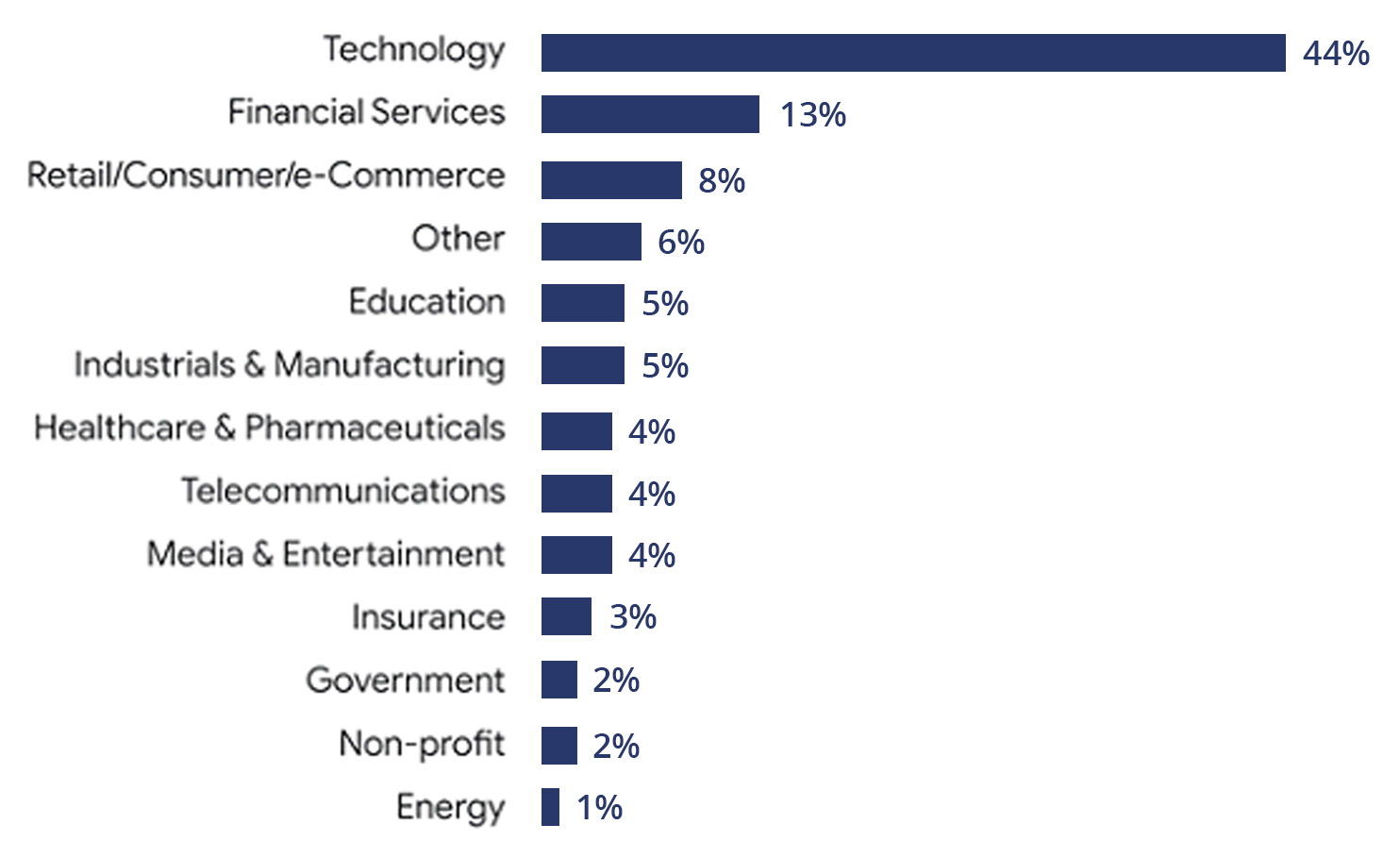
Sourcing DevOps engineers
When sourcing highly skilled DevOps engineers, it's essential to proactively seek out candidates rather than waiting for them to come to you. Here are some effective venues and online platforms to find and meet DevOps engineers:
1. Contractors:
Lemon.io
X-Team
2. Outsourcing:
3. Freelance:
- Upwork
- Fiverr
- Toptal
- Hubstaff Talent
Also read: Freelancing sites like Upwork don't work anymore: Upwork vs Index.dev →
4. In-house hiring:
- Glassdoor
- Indeed
5. Communities and groups:
- DevOps.com: A valuable resource for news, tools, best practices, and technology trends related to DevOps.
- DevOps on Open Source: A community offering articles, downloads, resources, and shared experiences for DevOps professionals.
- DevOps Slack community: Join this online community to connect with like-minded DevOps enthusiasts and professionals.
- DevOps Stack Exchange: A platform to ask questions, share knowledge, and interact with other DevOps experts.
6. Conferences and hackathons:
- DevOps Days (30 locations): Attend these events to learn about automation, testing, security, and other important DevOps topics.
- DockerCon US: A community and container industry conference focusing on container technologies.
- Azure DevOps Hackathon: A Microsoft DevOps-focused event with competitions and workshops.
- Codefresh Fixvember Hackathon: A DevOps hackathon challenging participants with automation, testing, and bug fix use cases.
- DevOps Enterprise Summit: Attend these summits in London and Las Vegas to gain insights from DevOps authors, founders, and speakers.
Get matched with proficiently vetted DevOps candidates within 48 hours →
Interviewing DevOps engineers
When interviewing DevOps engineers, it's crucial to cover key aspects of their skills, experience, and understanding of DevOps principles. Start with general questions about their background, professional qualities, and recent accomplishments. Then, delve into their knowledge of DevOps culture and methodology. Here are some example questions along with tips on drafting possible answers:
1. What are you looking for in your next position?
Answer Tip: Look for candidates who express a desire to work in a collaborative and dynamic environment, contributing to continuous improvement and innovation in software development and deployment processes.
2. What are your best professional qualities?
Answer Tip: Seek engineers who highlight qualities such as problem-solving abilities, adaptability to new technologies, strong communication skills, and a passion for teamwork.
3. What was your recent professional achievement using DevOps practices?
Answer Tip: Look for candidates who can provide specific examples of successful projects where they implemented DevOps practices to improve deployment efficiency, enhance software quality, or streamline workflows.
4. How long would it take you to learn a new tool or build a skill set?
Answer Tip: Ideal candidates will demonstrate a willingness to learn and adapt quickly. They should be able to estimate a reasonable time frame for acquiring new skills based on their previous experiences.
5. What are the DevOps tools that you’re not interested in or struggle to use?
Answer Tip: Look for honesty in candidates' responses. DevOps engineers should be comfortable with various tools, but it's essential to understand their preferences and areas where they may need additional training or support.
6. Give an example where you faced very poor architecture. How did you approach that problem?
Answer Tip: Look for engineers who can explain how they identified architectural flaws and devised effective solutions to address performance issues, scalability concerns, or other challenges.
7. Name the differences between Agile and DevOps.
Answer Tip: Seek candidates who can articulate the distinctions between Agile and DevOps methodologies, including their goals, principles, and roles in software development.
8. What are the factors of performing continuous integration successfully?
Answer Tip: Ideal candidates will mention essential elements such as automated builds, comprehensive testing, version control, collaboration, and a culture of frequent code commits.
9. What is the concept behind sudo in the Linux operating system?
Answer Tip: Look for candidates with a solid understanding of Linux security and who can explain how "sudo" grants privileged access to authorized users.
10. Can you explain the architecture of Jenkins?
Answer Tip: Seek candidates who can describe Jenkins' master-slave architecture and its role in automating continuous integration and delivery processes.
11. What are the key differences between Continuous Delivery and Continuous Deployment?
Answer Tip: Ideal candidates will clearly distinguish between Continuous Delivery, where changes are prepared for deployment but require manual approval, and Continuous Deployment, which automatically releases changes to production.
For a comprehensive DevOps interview process, consider exploring additional interview questions to assess candidates' knowledge, experience, and problem-solving abilities effectively. Tailoring your questions to specific job requirements will help you find the best-fit DevOps engineer for your team.
Get matched with proficiently vetted DevOps candidates within 48 hours →
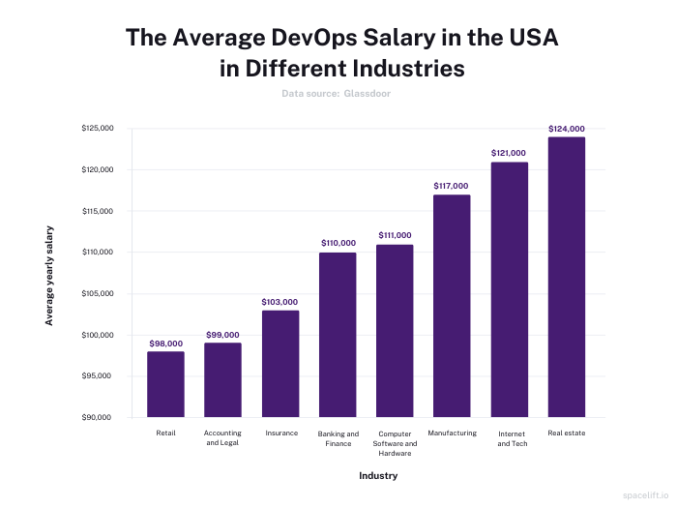
Salaries and freelance rates
In the US, the average annual salary for a DevOps engineer is $130,000, equivalent to $62.50 per hour. Entry-level positions start at $110,000 per year, while more experienced professionals can earn up to $165,000 annually. The salary range can vary significantly based on factors like education, certifications, additional skills, and years of experience in development.
For those with budget constraints, considering hiring outside the US may be a viable option. Globally, the average annual salary for remote DevOps engineers is $85,759. Entry-level roles offer salaries around $71,637, while senior DevOps engineers command higher salaries, averaging $103,292 annually.
Freelance DevOps engineers charge hourly rates that also depend on various factors. The average hourly rate for freelance DevOps engineers falls within the range of $81 to $100, with the same variables affecting the rate as in full-time positions.
Wrapping up
To maximize the value of the time and effort spent on hiring DevOps developers, consider the following strategies:
- Engage in Face-to-Face and Virtual Events: Networking at industry conferences, tech meetups, and online forums can lead to valuable connections with talented DevOps professionals.
- Customize Job Descriptions Carefully: Tailor each job description to accurately reflect the current technologies and IT practices relevant to the position. Highlight the specific skills and experience required for the role.
- Stay Updated on National Pay Rate Changes: Keep abreast of the changes in national pay rates for DevOps professionals. Offering competitive salaries ensures that you can attract and retain skilled individuals in a competitive job market.
- Align Hiring Budget with Regional Norms: While it's crucial to offer competitive salaries, it's also essential to align your hiring budget with regional norms. Research the average pay rates for DevOps engineers in your area to ensure your compensation packages are in line with the local market.
To take hassle off your recruitment, consider hiring high-performing DevOps engineers with Index.dev. If you're seeking to hire a skilled DevOps contractor for full-time or project-based work, Index.dev is the best partner to team up with.
✓ Rigorously vetted and assessed professionals
✓ 97% successful match rate
✓ Average matching time of just 48 hours
✓ Transparent pricing with no hidden fees